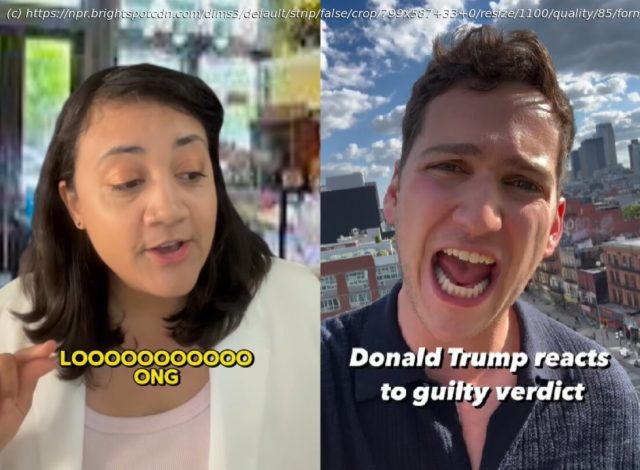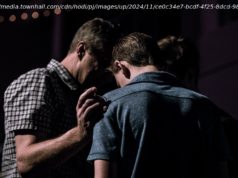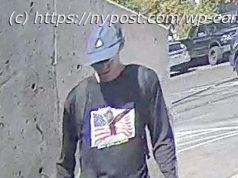Can impressions and satire shift voters? And how do the comedians think about their role? We put these questions to Harris and Trump impressionists.
President George W. Bush won Florida in 2000 by 537 votes.
Setting aside the U.S. Supreme Court and the Palm Beach County butterfly ballots — in a race that close, any number of factors could have persuaded just enough voters to go one way or another, and ultimately determine the presidency.
So there is an argument that Darrell Hammond’s brutal impression of Vice President Al Gore on Saturday Night Live, portraying him as stiff and unlikeable after the 2000 debates, could have swayed the outcome.
In recent decades, comedians like Tina Fey have become merged in the minds of many with the politicians they roasted, like then-vice presidential nominee Sarah Palin in 2008.
And beyond SNL, Key and Peele’s “anger translator” bit helped define President Barack Obama’s aloof coolness.
These days, a lot of the most incisive political comedy — and the best impressions — aren’t happening on TV. They’re happening on TikTok and Instagram.
So how much could impressions and satire shift voters, if at all? And how do the comedians think about their role?
Ahead of Tuesday night’s debate between former President Trump and Vice President Harris, All Things Considered host Scott Detrow put these questions to two of the most prominent political impressionists out there — Matt Friend, who’s become famous for his impression of Trump, and Allison Reese, who’s gone viral for her portrayal of Harris.
These interviews have been lightly edited for length and clarity.Matt Friend — aka Donald Trump
Scott Detrow: It’s very unfunny to ask deep questions about comedy, but here we are. Why do you think people are so drawn to impressions; political impressions, especially?
Matt Friend: You know, I think especially in America, there’s such a rich history of it and a great tradition of it. And I think it kind of shows truth to power in a way that maybe other forms of comedy just don’t. We’re seeing alternate representations of people that we might like or people that we might not like. And obviously, with SNL amplifying it in the ‘70s, I think people obviously went crazy when Chevy Chase was doing it.
Start
United States
USA — mix 'I can poke fun at all sides': Harris and Trump impressionists prep...






